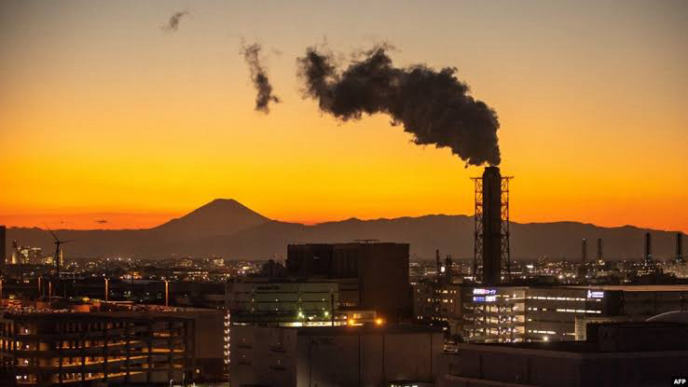Key Highlights:
- January 2025 was the third warmest in India since 1901.
- All-India mean temperature was 18.98°C, 0.94°C above normal.
- East and Northeast India recorded 1.47°C above normal temperatures.
- January rainfall was the fourth lowest since 1901 and third lowest since 2001.
- IMD predicts February will be warmer and drier than normal.
January 2025: Exceptionally Warm and Dry
According to the India Meteorological Department (IMD), January 2025 was the third warmest January in India’s recorded history, dating back to 1901. The country experienced higher-than-normal temperatures, with many regions witnessing a significant rise in both day and night temperatures.
The all-India mean temperature for January was 18.98°C, which is 0.94°C above the normal January average of 18.04°C.
Region-Wise Temperature Increase
- East and Northeast India: Recorded the third warmest January, with temperatures 1.47°C above normal.
- Northwest India (including Delhi-NCR): Ranked 13th warmest January since 1901, with temperatures 1.05°C above normal.
- January 2025: One of the Driest in Over a Century
Not only was January warmer, but it was also one of the driest months on record. India received an average of just 4.5 mm of rainfall, making it:
- The fourth lowest January rainfall since 1901.
- The third lowest January rainfall since 2001.
IMD’s Forecast for February 2025
IMD Director General Mrutyunjay Mohapatra has predicted that February will also be warmer and drier than usual.
- Night Temperatures (Minimum): Above normal over most parts of India.
- Normal or below normal in some parts of northwest and southern peninsular India.
- Day Temperatures (Maximum): Normal to above normal across most regions.
- Exceptions: Some areas in west central and southern peninsular India may experience normal temperatures.
- Rainfall: Below-normal rainfall is expected across most of India.
- Exceptions: Some areas in west central, peninsular, and northwest India may receive normal rainfall.
Climate Change and Rising Temperatures
The warming trend observed in January 2025 aligns with global climate change patterns. Scientists have been warning about rising temperatures, erratic rainfall patterns, and increasing frequency of extreme weather events in India.
With February also expected to be warmer and drier than normal, experts suggest that water conservation and climate adaptation strategies will be crucial in the coming months.
















